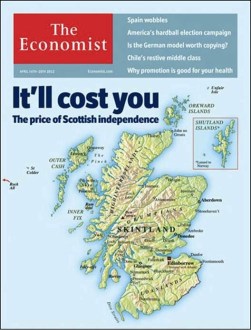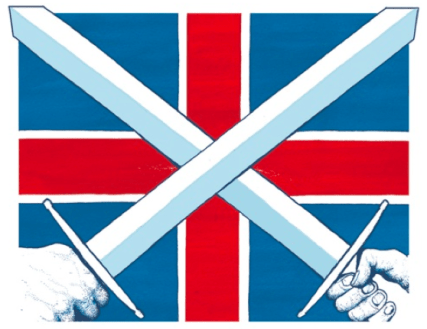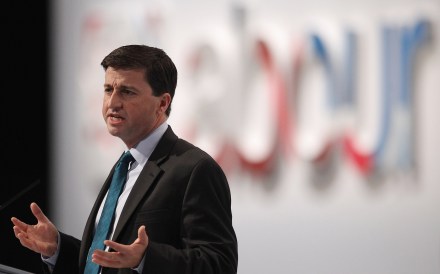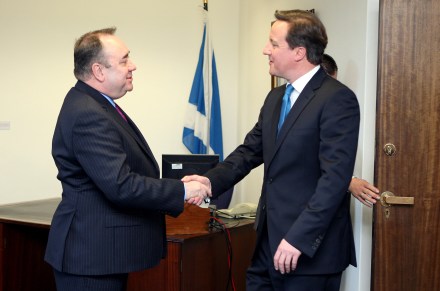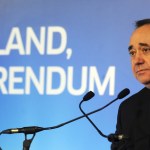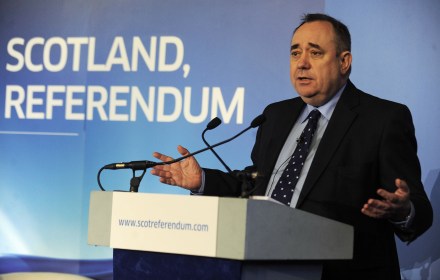10 Pretty Unpersuasive Reasons for Scottish Independence
This week the SNP will launch their campaign for Scottish independence. Or, rather, it’s the official beginning of what they term the ‘Yes’ campaign. Prefacing this, Joan McAlpine uses her column in the Daily Record to list ten reasons why Scots should endorse independence. It is an interesting list, not least because McAlpine, who is close to Alex Salmond, is one of the higher-profile SNP MSPs and someone to whom it is always worth paying attention. This is her list: 1. An independent Scotland would be the sixth wealthiest country on earth. According to the OECD, apparently. It’s the Black Gold, silly. This is a very dubious statistic. It relies


